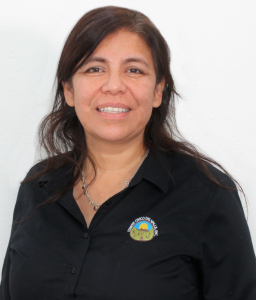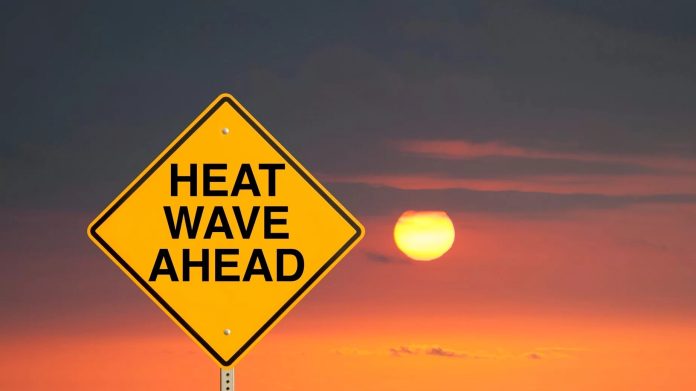The first three weeks of July 2023 have been the hottest global three-week period so far. In June 2023, global mean ocean surface temperatures were as high as never before. As regards the Earth’s surface, including landmass, June 2023 has been the warmest June since 1850.

While much of California escaped severe heat, the Central Valley endured two weeks of triple digit days with little relief from nighttime temperatures. The EMS briefing on August 28 explored what’s different about the current heat wave and how it’s already changing the way we live. Speakers discussed the state’s efforts to protect the most vulnerable communities; why half of all heat related fatalities occur indoors; what non-profit groups are doing to combat nighttime heat, cool down overheated schools, and push for more cooling centers.
Arizona’s present is California’s future, said Braden Kay, Heat and Community Resilience Program Manager for the Governor’s Office of Planning and Research. “Extreme heat is a problem in all 58 counties across California.” He pointed out that California is the first state to spend money to effectively deal with extreme weather.
“But the heat wave we’re facing right now is not the kind of heat wave our grandmothers faced. Our bodies don’t yet know how to deal with this challenge. Some parts of California are now as hot as Riyadh, the capital of Saudi Arabia.”
Esther Bejarano, Project Manager at Comite Civico del Valle, shared her recent experience of stepping into a truck with temperatures as high as 130 degrees Fahrenheit. “It’s hotter than ever. Our kids are playing without shade.

Schools need to do something about it.”She said that it is necessary to do one-on-one education with these children and farmers who are most affected by the heat, telling them to wear sunglasses and umbrellas.
She said that the temperature at 6 p.m. was between 103 and 105 degrees, and her son’s football lessons had to be cancelled. She also said that many people do not even have air conditioners in their homes, so they can only turn on the air conditioners in their cars to escape the heat.
Africans, Latinos, and Aboriginal people are more susceptible to heat-related illnesses because of lack of cooling resources,” said Sharon Okonkwo-Holmes, a family physician at Kaiser Hospital Panorama City Medical Center.
Excessive heat impairs blood circulation, leading to heat exhaustion, seizures and other ailments, especially in the elderly. She emphasized that we should pay attention to replenishing water, at least two liters, and taking a cold bath is also useful. If you feel dizzy, never lie down. For farm workers who work outdoors without cover for 8 hours, at least 8 bottles of water are needed to ensure that they do not become dehydrated.

Jonathan Pilch, a representative of the “Watsonville Wetland Guardian Organization“, said that the city of Watsonville (Watsonville) needs 30-40% shade, but it is only a mere 9%. “Children are running around on the hot asphalt road,” he emphasized the importance of school greening.
“Good air quality, beautiful scenery and a happy life all need greening. Fruit trees can provide great shade, says Pilch. Wetland has distributed more than 1,200 fruit tree seedlings throughout the city of Watsonville through monthly events.
Vidya Sethuraman
India Post News Service







